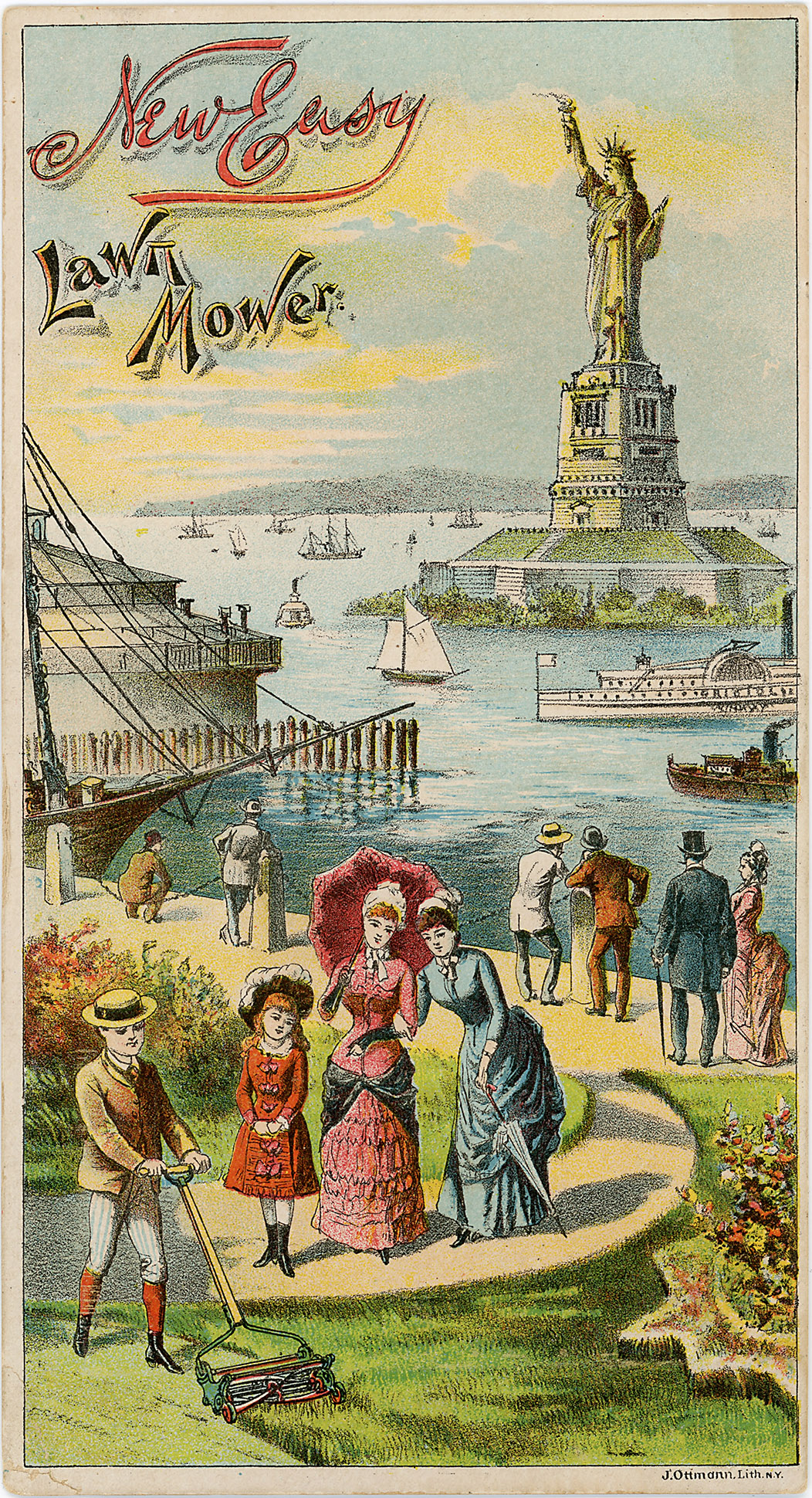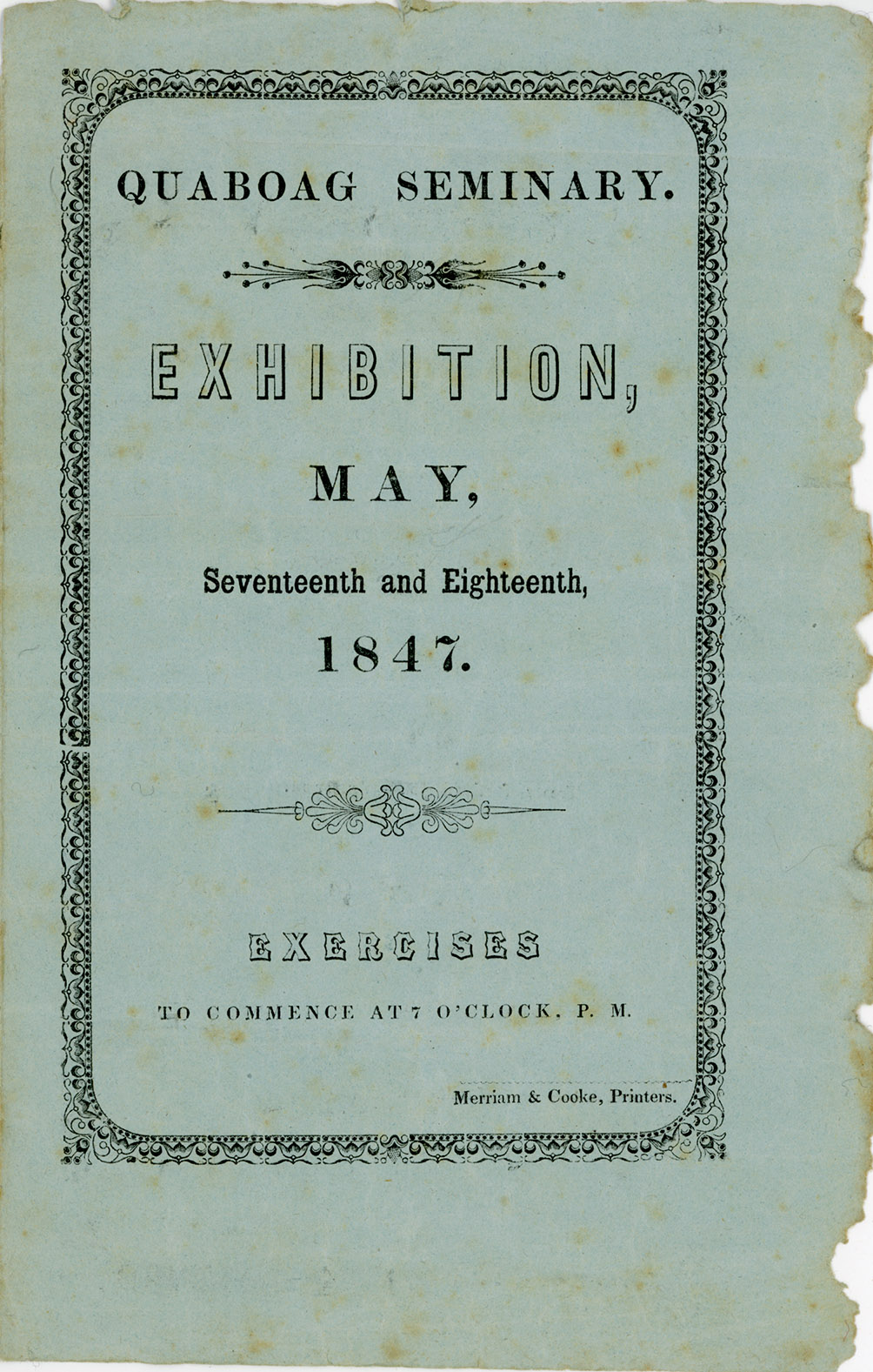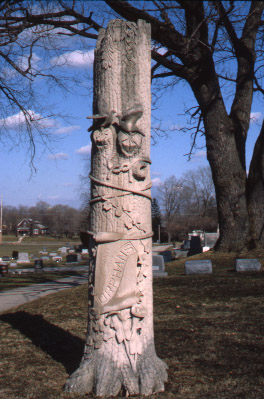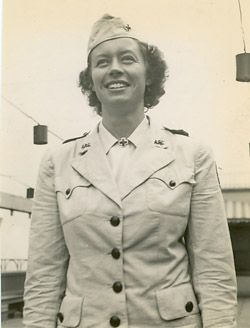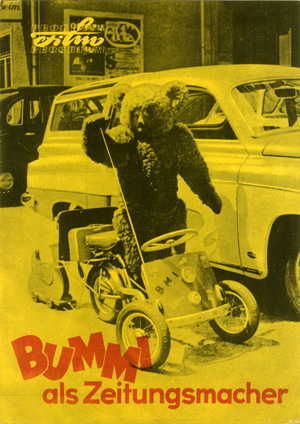Richards Family Collection
1692-1818
2 vols. 0.25 linear feet
Call no.: MS 1030 bd
A prosperous farmer in the southern reaches of Massachusetts Bay Colony, James Richards was born on June 2, 1658, and never ventured far from his from his home in Weymouth or the adjoining town of Braintree. The son of William Richards and his wife Grace Shaw, and a member of the third generation of Richards in the new world, James was characteristically diverse in his economic activities, raising livestock (sheep and pigs), harvesting salt grass, making salt, and raising crops including rye, corn, and barley, which he malted, presumably for the production of beer. Although most of his transactions were local, he traded as far away as Charlestown and Barnstable.
The Richards family ledgers include a daybook from James Richards kept between 1692-1710 and an account book from his great grandson Jacob Richards kept a century later, along with loose receipts from generations of Richards in between. The volume associated with James Richards records sales of goods produced on his Weymouth farm, including barley, rye, “Indian corn,” salt, mutton and lamb, pork, and eggs, along with occasional records of the sale of goods such as shingles, “board nails,” clapboards, molasses and sugar, lamp oil, tobacco, and cloth. The sparser records from Jacob Richards include accounts that include the sale of cider; cord wood; pine, oak, and maple boards; and shoes.
Gift of Carolyn Taylor, June 2017, through the UMass Press.
Subjects
Agriculture--Massachusetts--WeymouthAgriculture--Massachusetts--WeymouthWeymouth (Mass.)--Economic conditions--17th centuryWeymouth (Mass.)--Economic conditions--18th centuryContributors
Richards, Jacob, 1778-Richards, James, 1658-1711Types of material
Account booksDaybooks


